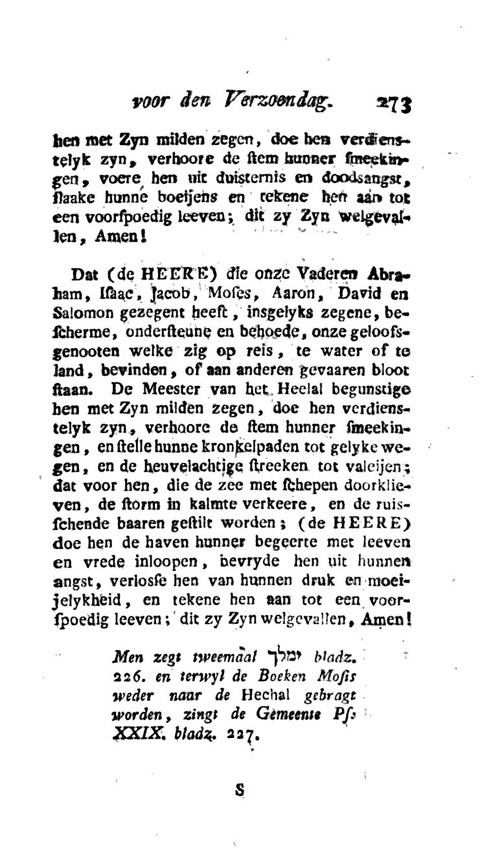Here is a rather striking passage in the Yom Kippur mahzor, a misheberach "prayer for all our brethren confined by the Inquisition," or מי שברך על כל אחינו האסורים בבית הסהר מן החקירה. (I dare Hakirah to give itself the English subtitle "Inquisition.")
According to Hhm. Shemtob Gaguine the custom to recite it amongst a number of Misheberachs appended to the Kol Nidrei was common to the Amsterdam and London communities (כתר שם טוב v.4-5 pp. 297-99 London 1954). He writes that the Amsterdam Sephardim, however, had ceased to make the Misheberach once the Inquisition(s) had officially ended. As you can see, the prayer incorporates a few words of Portuguese in the Hebrew - "to all our brothers arrested by the Inquisition."


This particular Machzor is the Forms of Prayers According to the Custom of the Spanish and Portuguese Jews by Abraham de Sola. The Machzor first appeared around 1852-57, but this edition was printed in Philadelphia 5638/ 1878.
This prayer was intended to be recited by the Shaliach Tzibbur, and is part of a whole series of prayers included as an appendix to the Kol Nidrei. Before the Torah scrolls are returned, and immediately following Kol Nidrei is a prayer for the Queen (or, "a Republican Government" in the case of Holland or the United States), another for the congregation itself, then one for - of all things - the Hatan Torah, then another one for the Hatan Bereshit, then one for all Jewish congregations, then the one for the captives of the Inquisition, a prayer for those traveling by land or sea (although this is general, it appears to me to have been intended to bless those escaping the Inquisition, because of the Portuguese words incorporated within it), and finally, a prayer to be recited in the event of some specific calamity, should there be one (like a war, I suppose). Then the Torah scrolls are returned and Arbit ensues.


Since it was also part of the Kippur liturgy of the Amsterdam Sephardim, I thought it would be interesting to show how it appears in Dutch translation in the 1791-3 Dutch Machzor the Gebeden der Portugeesche Jooden.

Here is the title-page of that four-volume Machzor (and a link to all the volumes):

Since I recently posted about translations of mei raglayim (here) I thought it worthwhile to show the translation as it appears in the same Dutch Machzor, from 1793:

As you can see it did not translate the term. It transliterated it as mé raglaïm. However, the footnote clarifies that Eenige Rabbynen zyn van gevoelen, dat mé raglaïm water van eene bron, genaamt Rogel, is ; anderen, dat het urina betekent, or, Some of the Rabbis feel that mei raglayim means water from a spring called Rogel; others hold that it means urine.
In any case, if it's true that "Nobody expects the Spanish Inquisition," sadly, for well into the 19th century for some Western Sephardim it was only all-too expected.

